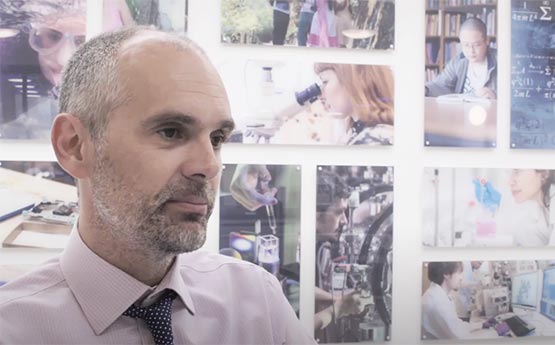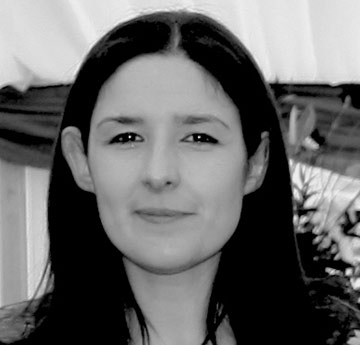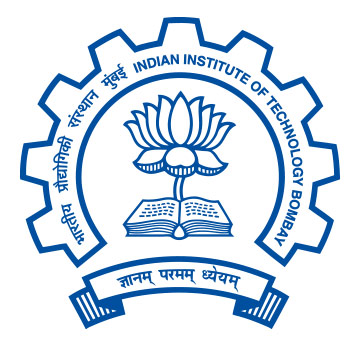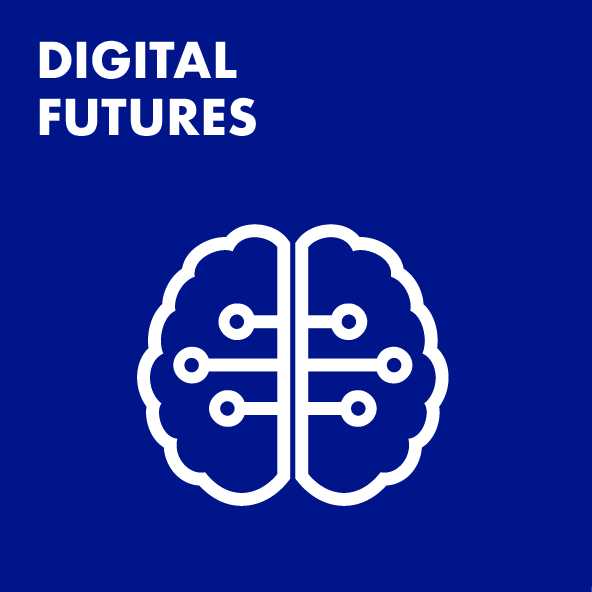“Research and Innovation is the lifeblood of Microsoft and is fundamental to our mission ‘to empower every person and every organisation on the planet to achieve more.
“Our collaboration with Swansea has been great on multiple levels. The work itself presents an important perspective on the design and understanding of how computing and digital technologies may be used by, and on behalf of, people who are often not considered when we build these systems. This insight is critical for a global provider of technologies.
"As with any good collaboration, this work has led to new ideas and partnerships with the Swansea team that we are very excited about. The collaboration directly led to a new project focused on the collection of a disability-first dataset from low-resource settings in the global south.
"The Swansea project team is fantastic to work with – professional, smart researchers with their heads and hearts in the right place.”
Edward Cutrell, Senior Principal Research Manager, Microsoft
“I have followed the work of Swansea University through their Human Computer Interaction related publications for several years before we actually got an opportunity to collaborate. Swansea worked with colleagues at IIT Bombay and put street speakers (think Alexa or Siri) into shops in Dharavi, a suburb of Mumbai, which allowed customers to ask questions and receive answers from either a computer voice assistant or a human answerer.
"The last 12 years has been an absolute pleasure. We have learnt a lot in terms of research practices from Swansea University and shared many research outputs including papers, tools and learnings. I have been personally inspired by colleagues that have set up and run a successful lab that works on really challenging world problems.”
Professor Anirudha Joshi, IIT Bombay

















